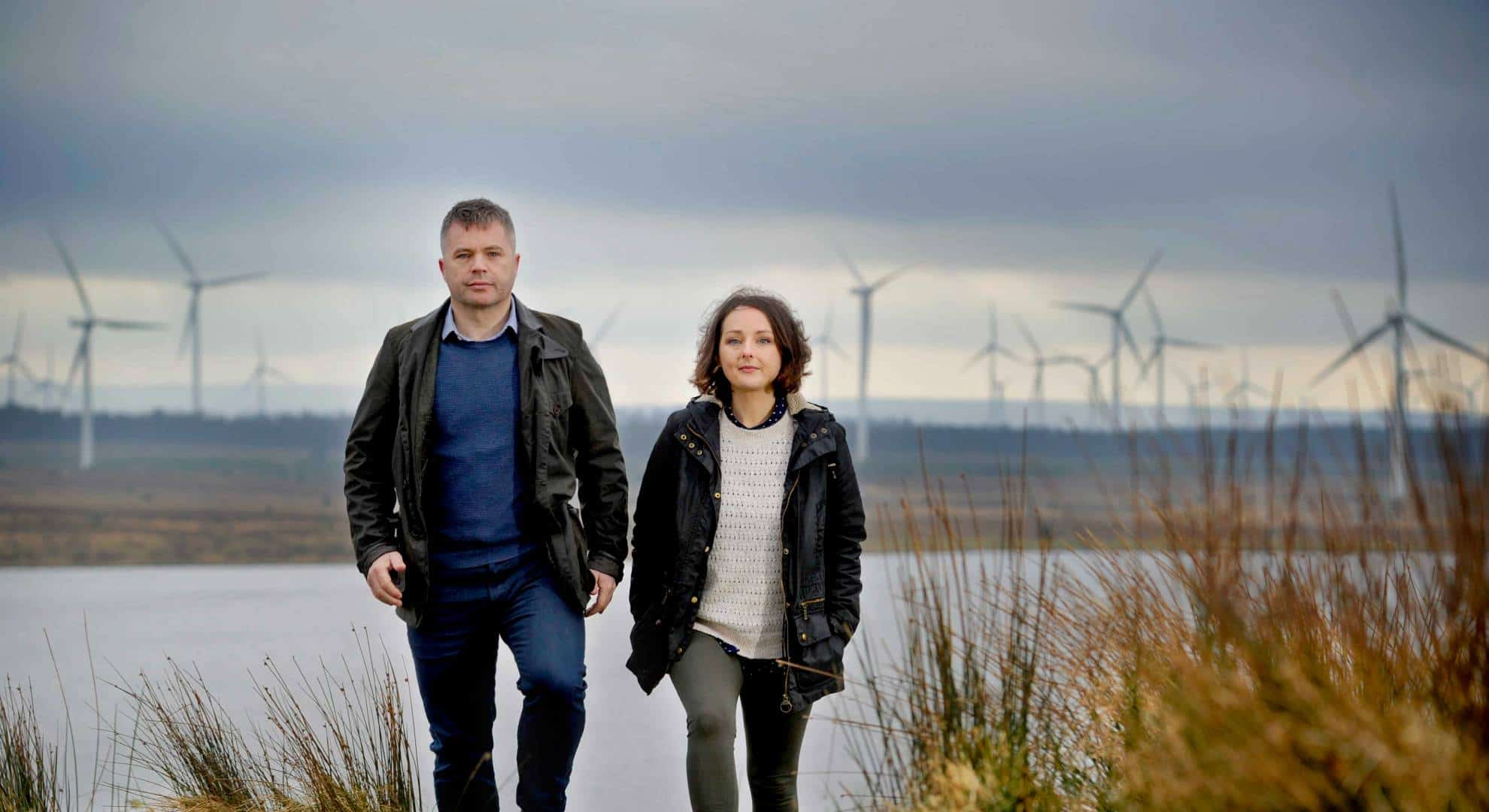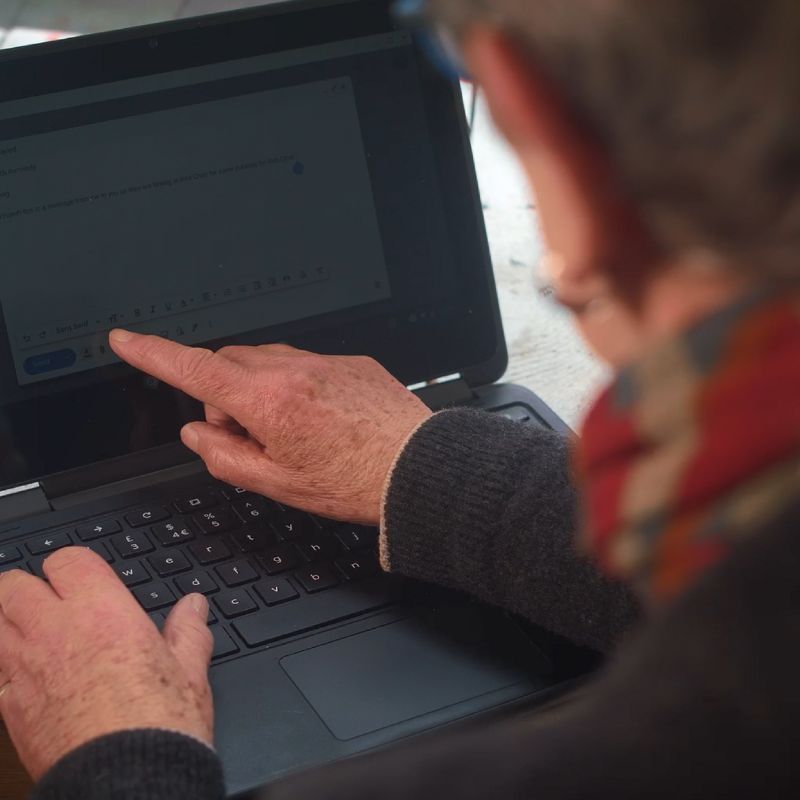
Wind turbines are an important powerful source of renewable energy, and while many of us jump at the chance to complain about Scotland’s unpredictable weather, the country’s cold, windy conditions are ideal for creating vast amounts of wind power to reduce emissions.
Pioneering innovative approaches to blade handling
However, have you ever considered how the giant wind turbines are disposed of? Husband and wife Steven and Fiona Lindsay did, and so the idea of ReBlade was created.
As a known problem solver, Steven was working in a previous job when he was tasked with getting rid of damaged turbine blades. The easy solution would’ve been to take it to landfill however this wasn’t an option for Steven and instead he decided to set himself a challenge and improve how wind turbines were repurposed in the UK.
With more than thirty years of combined experience in wind turbine blade maintenance and windfarm site design, Steven and Fiona decided to go into business together leaving their current jobs to try and make a long-term difference for the future of the circular economy.
Having invested a lot of their own money to establish the company, the pair needed assistance getting their business off the ground.
With the help of Zero Waste Scotland’s Circular Economy Business Support, part funded by the European Regional Development Fund, ReBlade was able to take off becoming the UK’s first company to decommission turbine blades without the use of landfill, pioneering innovative approaches to blade handling that enable circular end-destinations for blade waste.
Collaboration to inform solutions
Fiona, co-founder explained: “The project with Zero Waste Scotland was introduced as a pilot to identify how to use the wind turbine materials optimally, something that hadn’t been looked at previously through a repurposing lens.
There were a lot of unknowns about how best to cut the materials, transport and store them. The funding support from Zero Waste Scotland allowed us to create a circular business within a sector that didn’t have this service prior to ReBlade.
Steven, co-founder added: “Our service is designed around practical blade waste management processes, and we are committed to working collaboratively with academic and industry researchers to inform the development of cost-effective, scalable solutions for the oncoming industry-wide Glass Reinforced Plastic waste challenge.”
He continued: “We know the renewables industry has a responsibility to operate in environmentally friendly ways, which means there is an urgent need to develop non-landfill destinations for blade waste. That’s why we implemented a very strict circular policy from the get-go.”
While ReBlade has been introduced, there are still cheaper, less palatable options that exist for this type of waste (i.e. landfill), which many organisations continue to use to dispose of blades.
Fiona said: “It’s crucial that we educate. Waste is very complicated and in order to find the solutions and become a much more circular society people need much simpler ways to understand and process it.”
Despite circular economy being at the core of the business, Steven and Fiona know there is always room for improvement. That’s why the pair are currently working through a funding project through Innovate UK, a certification process that analyses the structural integrity of everything that is repurposed from ReBlade materials.
In doing so, they hope to continue to grow as a company inspiring more organisations to repurpose blades into functional products and achieving their personal and professional goal in helping make Scotland a thriving circular economy.
When reflecting on the project, Fiona said: “We will continue to expand upon our circular economy led business model as we roll out our services at scale and play our part in becoming a more circular society.”
“Zero Waste Scotland funding allowed us to deliver the sustainable processes at a pace."


